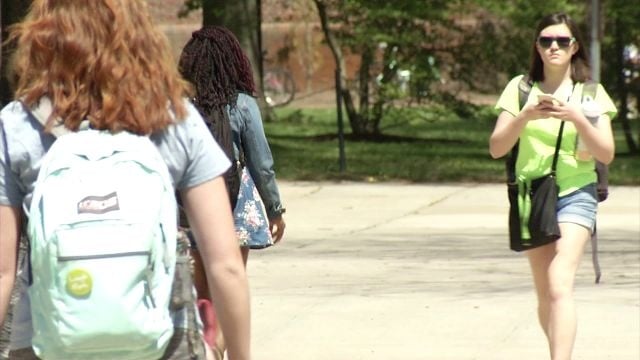Md. could lend a helping hand in paying for college

The Maryland College Affordability Act of 2016, which is still waiting to be signed into law, could help out both college graduates stuck under the burden of massive student loans, and help out parents aiming to start saving for their kids.
For the former students, the catch is that you have to had incurred over $20,000 in student debt, and have at least $5,000 in outstanding undergraduate student loans to be eligible.
“You may qualify for up to $5,000 worth of tax credits, which is pure savings in your pocket, but that money does have to be used to pay off outstanding student loans,” said Mark Engberg, a certified financial planner with comprehensive financial solutions.
Engberg said the measure prioritizes who receives the funds based on who has higher debt burden to income ratios, whether you graduated from a state school, and whether you were eligible for in-state tuition.
Each year those interested would have to apply by September 15 to the Maryland Higher Education Commission for that tax credit.
Students 47 ABC spoke to at Salisbury University loved the idea, and also brought up the fact that this plan might even encourage more kids to go to college.
“I definitely think students struggle a lot, like the most after college paying their debt and that’s why a lot of kids don’t even go to school because they know they won’t be able to pay it off,” said Haley Schnieder.
If you are still in the planning stages, the measure also improves help for parents saving for their kids college education through the state’s college saving plan, the Maryland 529.
“A married couple earning less than $75,000, if they put in a minimum of $25 (they) could get a $250 contribution from the state, really, free money,” Engberg said.
Th bill could mean free money every year, if you are approved. Families would have to apply annually.
Engberg said that married families that make over $175,000 would not be eligible for the contribution.
Maryland would start paying for the act in fiscal year 2018, when Gov. Larry Hogan would have to appropriate $8 million.

